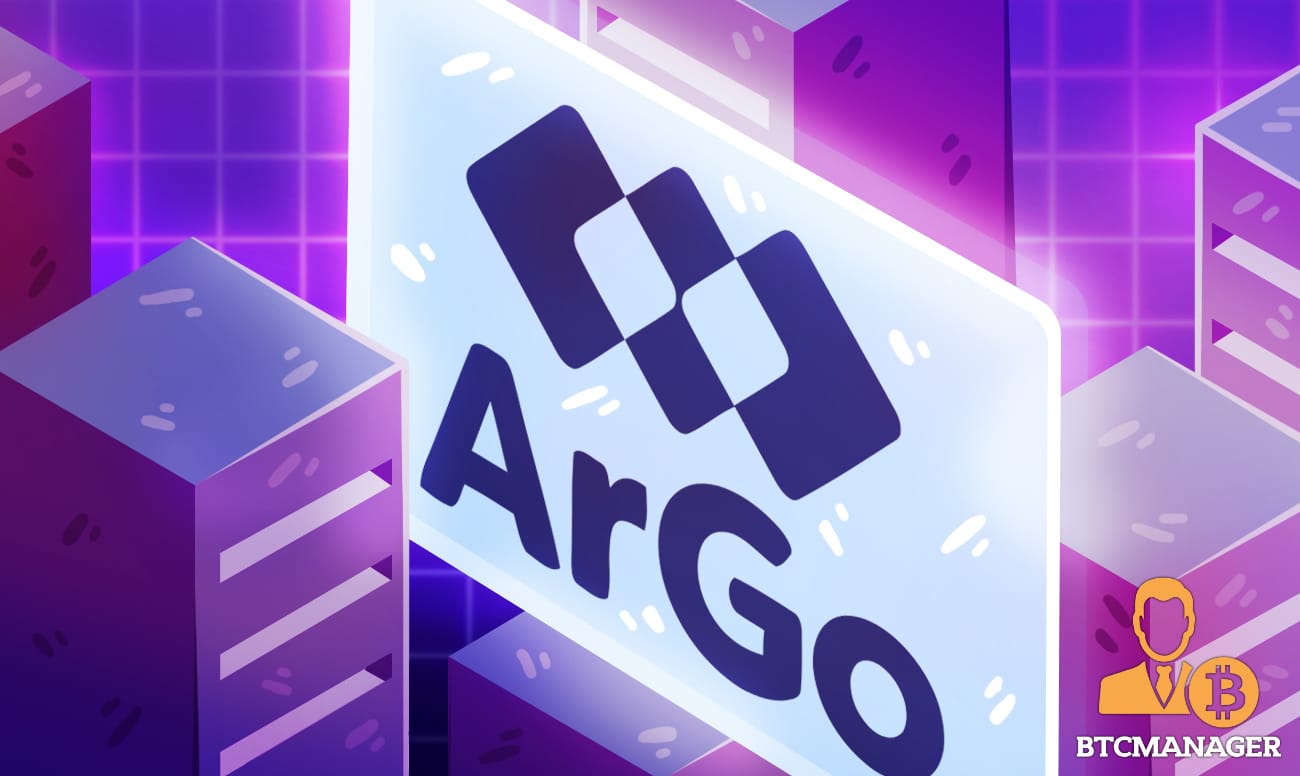ArGo’s Decentralized Hosting Is Pivotal to Web3

ArGo is part of the core Web3 infrastructure that is transforming the internet. An ecosystem of developers is building a more secure, reliable, and censorship-resistant version of the web. It mirrors the decentralized ethos in which the internet was first created. To fully appreciate the impact that ArGo and Web3 is going to have, we must first consider the shortcomings of today’s centralized internet.
The Web Is Becoming Increasingly Centralized
The internet is an example of a decentralized entity. Who owns it? Nobody. It relies on providers and users across the world following the same protocol so they can communicate and share bits of information. The web is a beautiful invention.
However, the internet has increasingly become reliant on a few centralized companies to support its critical infrastructure, including web hosting, cloud computing, DNS servers, search engines, and email clients. Consider Google, which has a large market share in every single one of those categories. That means that more and more of the internet is sitting on servers controlled by Google and its contemporaries.
This centralized architecture brings formidable risks to the internet. If their servers get hacked, we lose our data. If they decide to monetize our personal information, we lose our privacy. If they decide to censor or prioritize content, we may not even know it happened.
As a report from MIT’s Center for Civic Media concluded:
“The platforms that host our networked public sphere and inform us about the world are unelected, unaccountable, and often impossible to audit or oversee.”
Re-Decentralizing the Internet With Web3
Can we counteract the threats of centralized internet? Absolutely. Decentralizing the web through a peer-to-peer model would counteract big tech’s control over the internet, giving the power of the internet back to the people.
Decentralization is a bottom-up method of running a network that spreads authority across many participants. Those participants are responsible for managing and contributing to the network.
Moreover, decentralized networks better serve open-source projects, allowing any developer to build upon existing apps. That produces innovation and grows the network faster. The movement towards a decentralized internet is known as Web3.
Web3 is being developed right now and is making the internet more transparent, secure, and reliable than ever. Currently, this trend is moving parts of the web to a decentralized infrastructure, and over time, the entire internet will follow.
Decentralized Web Hosting With ArGo
One of the core pieces of Web3 infrastructure is decentralized web hosting. Instead of a monolithic centralized server farm storing your website data, it would be stored by multiple servers using a peer-to-peer distribution model.
Today, businesses and individuals alike are experimenting with decentralized hosting. Already they’re seeing the benefits of reduced server crashes, hacks, and downtime.
One of the projects at the core of this movement is ArGo. It’s a git-based web hosting platform that helps users build modernized websites on the Arweave permaweb. It lets users quickly deploy their site and scale seamlessly on a secure network with 100% uptime.
ArGo has already raised $1.3 million from respected VCs and angel investors at a valuation of $12.5 million. Currently, ArGo is integrating with Polygon to bring its smart contract applications to Layer 2 solutions.
Moreover, ArGo has already onboarded over 300 users and is rapidly expanding the ecosystem of dApps and defi developers involved with the project.
Eliminating Single Points of Failure
We can see the incredible value of the ArGo app in its ability to protect against a single point of failure. A single point of failure can disrupt an entire company, such as when a website or payment network crashes. The beauty of decentralized networks is they remove this vulnerability. When a node goes offline, its workload is automatically passed to other nodes in the network, meaning that websites and applications remain up and running 100% of the time.
Centralized servers create a single point of failure which, for example, leaves websites susceptible to distributed denial of service (DDoS) attacks. DDoS attacks are a common weapon for cybercriminals who want to shut down websites.
Centralized systems make it easy for hackers to use DDoS attacks, as they can simply gather sufficient firepower and direct it to the single point of failure: the hosting server. The target has to rapidly increase their hosting capability, which in the best case is extremely costly, and in the worst case takes them offline for extended periods.
ArGo’s decentralized hosting network can easily defend against DDoS attacks, as the thousands of nodes of a decentralized hosting network offer attackers no single target to hit.
While this is just one of many benefits of decentralized hosting, it shows the power of decentralized technology and illustrates the future of the internet powered by ArGo and Web3.















